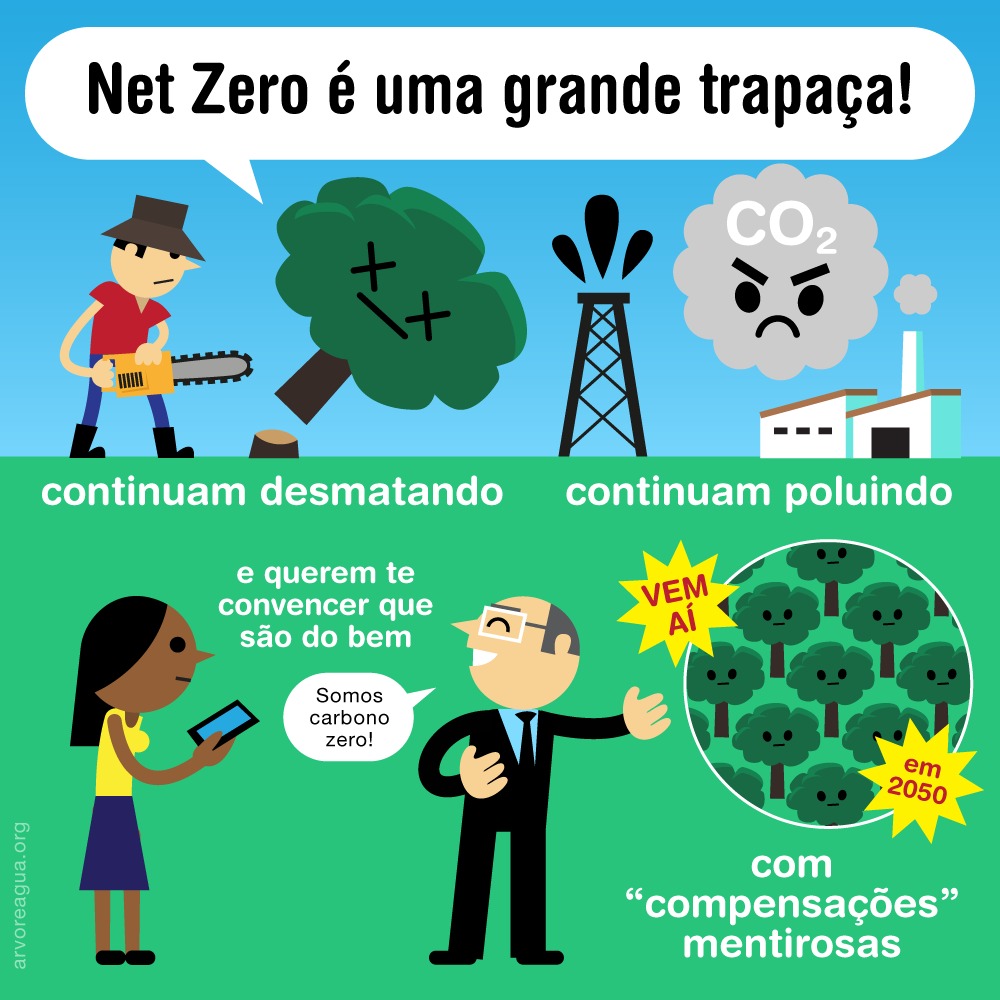
Fisherfolk and farmers in Gujarat, India, have sued the International Finance Corporation (IFC) for financing a coal plant that has caused serious damage to the local environment, including the marine ecosystem. More than 870,000 families whose livelihoods are tied to these fisheries were harmed by the installation and operation of the plant, which destroyed an important Indian fishing sector.
In April 2008, the World Bank Group’s IFC Board approved a $450 million loan for the Tata Mundra Ultra Mega Power Project. This plant caused direct and irreparable damage, including threatening people’s health, destruction of property, loss of livelihoods, environmental degradation, and economic and physical displacement. Thermal pollution has damaged the local marine ecosystem, and transporting coal from the port to the plant has raised dust and fly ash that harm the environment, health, and well-being of the local population.
On February 27, 2019, the U.S. Supreme Court determined, in a landmark 7 – 1 ruling, that international organizations – including the World Bank Group – could be sued in U.S. courts for their commercial activities. Despite this historic decision, the fisherfolks’ case is still ongoing, and the Tata Mundra plant is still operating.
Investors also must be held responsible for the economic and environmental damage caused by the ventures they finance. This case is setting a historic precedent: it can empower frontline communities that are currently threatened by corporate abuses, by holding international institutions and those that fund them accountable for the high social and environmental costs of their projects.
Learn more:
Case Studies – Liability Roadmap: https://liabilityroadmap.org/case-studies


